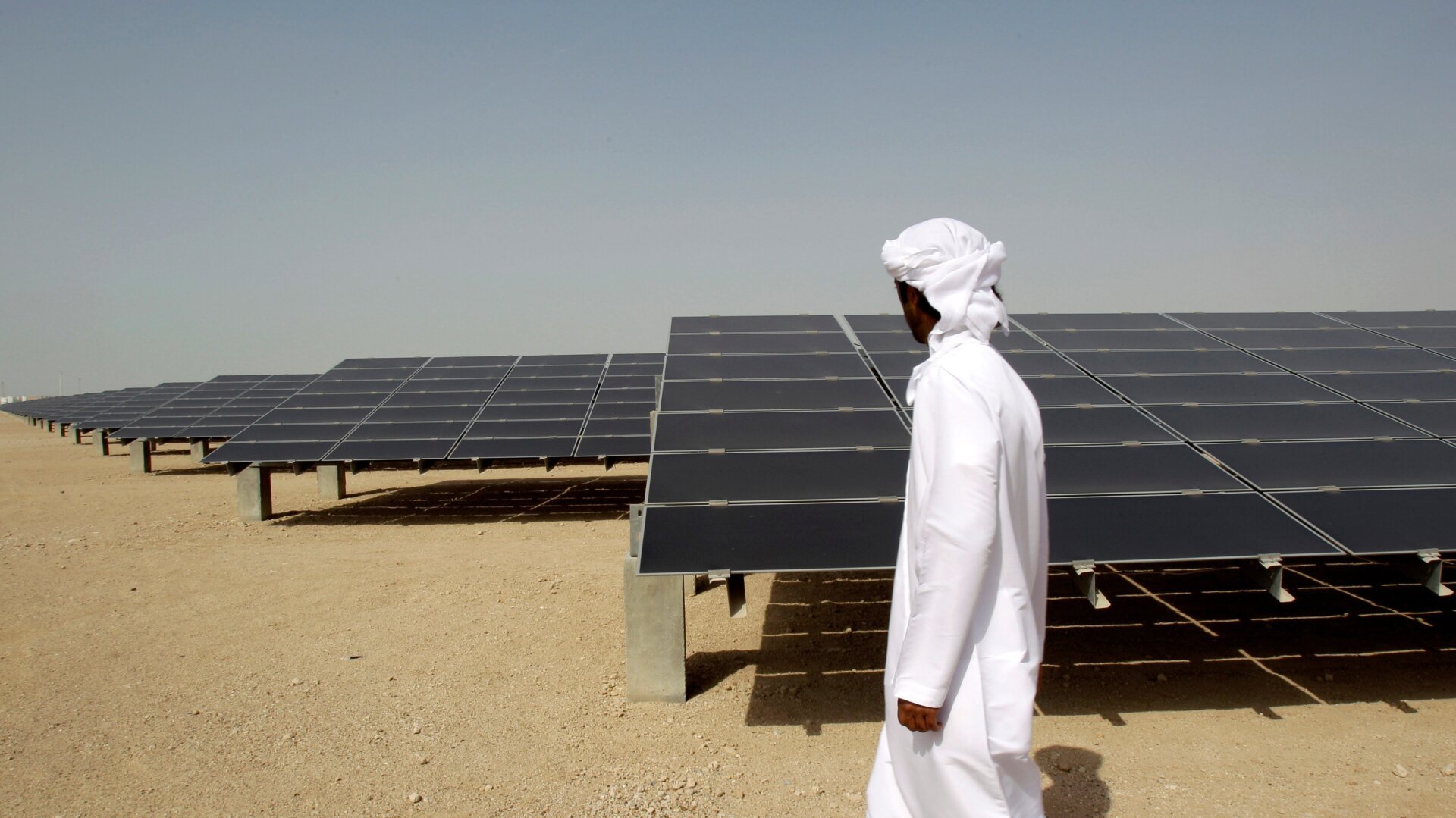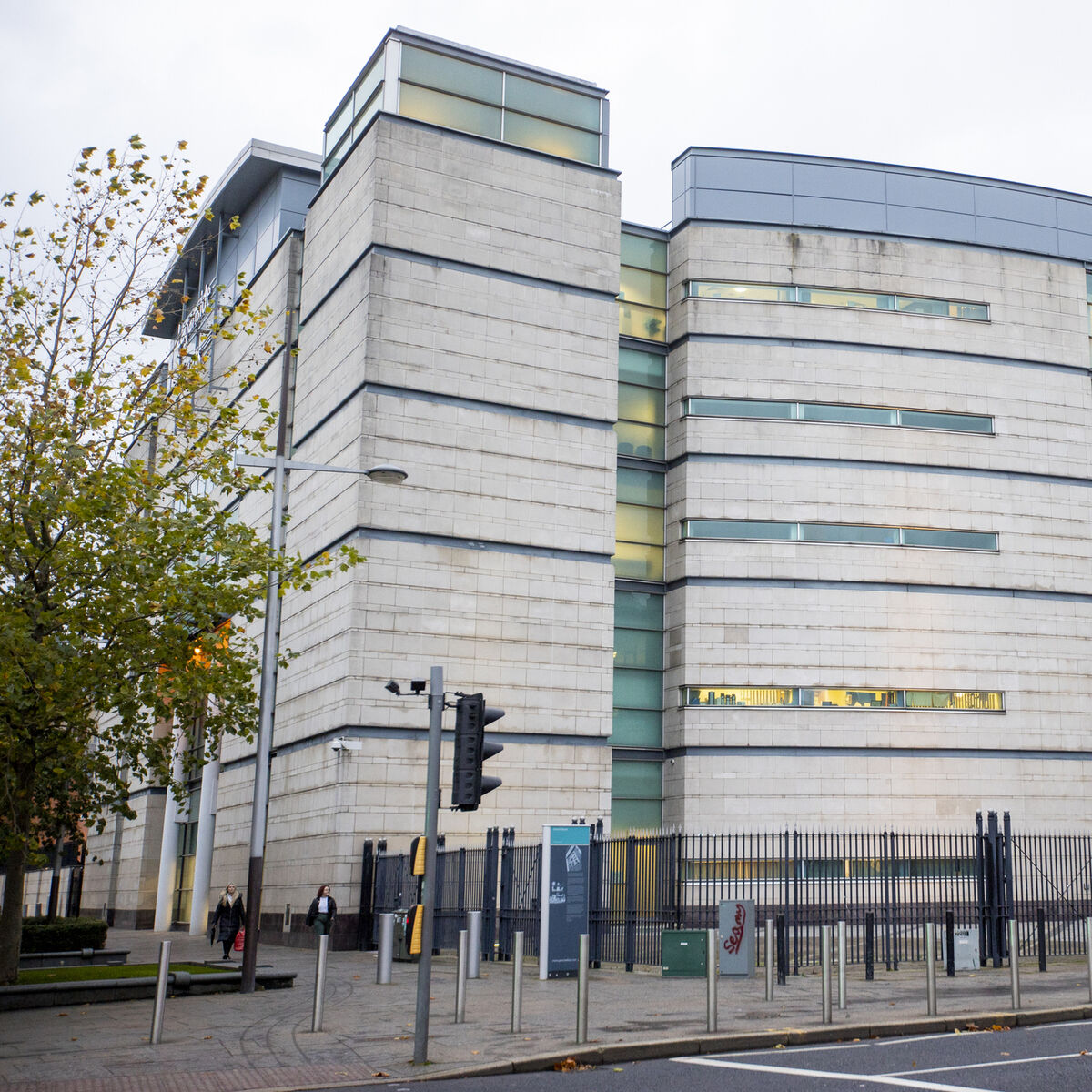By Qudrat Ullah
Copyright pakobserver

IN an era of selective historical memory, Pakistan’s early diplomacy stands out for its extraordinary gesture toward Japan after World War II.
While many nations demanded reparations, Pakistan prioritized reconciliation over retribution. In 1951, representatives of 48 nations convened in San Francisco, USA, to negotiate peace terms with Japan. For most, the priority was compensation and punitive restrictions. Pakistan, however, adopted a strikingly different vision. Sir Muhammad Zafarullah Khan, Pakistan’s Minister of Foreign Affairs and Commonwealth Relations, articulated this stance on Sept 07, 1951, at the plenary session of the San Francisco Peace Conference.
“We have met here to make peace, not to seek vengeance,” he declared. “The peace we make must be inspired by fairness and justice, not by anger and revenge.” This was not mere rhetoric. It was the formal expression of Pakistan’s decision to waive reparations. Zafarullah Khan argued that Japan’s recovery was essential not only for its people but also for Asia’s stability and prosperity. More profoundly, it reflected Pakistan’s commitment to justice and reconciliation as guiding principles of diplomacy. The impact became clear when the following day, Pakistan’s representative Ahmad Shah Patwari signed the San Francisco Peace Treaty, permanently inscribing this policy into the historic document that restored Japan’s sovereignty.
This was not an easy choice. For a young state grappling with the burdens of partition, reparations could have been a welcome relief. Yet Pakistan rose above short-term considerations, opting for a larger vision of peace, stability and cooperation. History vindicated that choice. In the decades that followed, Japan emerged as one of Pakistan’s reliable development partners. From industrial collaboration and infrastructure projects to support through the Japan International Cooperation Agency (JICA), Japanese assistance played a pivotal role in Pakistan’s growth—particularly in energy, transportation and human resource development. This partnership, grounded in mutual respect, can be traced back to that pivotal moment in 1951 when Pakistan extended a hand of goodwill. Pakistan’s actions were not limited to this episode—there were other moments of moral courage on the international stage.
Pakistan supported the Algerian Provisional Government in exile, formed in Sept 1958 and even permitted it to open a mission in Karachi. It provided diplomatic passports to prominent members, including Ahmed Ben Bella. Pakistan has also consistently championed the cause of Palestine, supported oppressed peoples in Africa and Asia and was among the earliest countries to recognize the People’s Republic of China.
Indeed, Pakistan’s China policy stands as one of its greatest diplomatic triumphs. At a time when many nations hesitated, Pakistan not only recognized mainland China but also invested in building trust. This relationship grew into one of the most enduring partnerships in Asia. Pakistan later played a pivotal role in facilitating the historic rapprochement between the United States and China in the early 1970s. By arranging Henry Kissinger’s secret visit to Beijing in 1971, Pakistan opened the door to President Nixon’s groundbreaking trip the following year—an event that transformed the global balance of power. A few countries of Pakistan’s size can claim to have shaped world history so profoundly.
Another dimension of Pakistan’s contribution to international peace lies in its role in the United Nations peacekeeping. Since the 1960s, Pakistan has been one of the largest and most consistent troop-contributing countries, serving in missions across Africa, the Middle East, the Balkans and beyond. Pakistani peacekeepers have protected civilians, supervised ceasefires and rebuilt war-torn societies—often at great personal sacrifice. This tradition has earned Pakistan global recognition, yet remains under-projected at home.
These acts were not isolated incidents—they reflected a broader philosophy that Pakistan’s diplomacy was rooted in fairness, solidarity and a willingness to take risks for global peace and justice. Unfortunately, we have failed to project these achievements effectively, both to our people and to the world. While they earned Pakistan respect in their time, they have not been woven into the national narrative with the force they deserve.
Looking ahead, Pakistan can draw immense diplomatic capital from these forgotten episodes. In an era when historical narratives often shape alliances, highlighting the magnanimity shown to Japan, support for Algerian freedom fighters, the role in connecting East and West and the sacrifices made in UN peacekeeping could strengthen Pakistan’s credibility. These stories should be incorporated into public diplomacy, academic exchanges and media forums to promote a deeper understanding. They demonstrate that Pakistan’s foreign policy has long been anchored in principles of cooperation, justice and bridge-building.
Just as other nations use history to amplify their soft power, Pakistan, too, can reposition itself by showcasing its record of responsible statecraft. In a world where trust and moral authority are rare commodities, Pakistan’s legacy of generosity and fairness is a timeless asset. What is needed, now, is the will to project it. It is time we remind ourselves and the world of this proud legacy.
— (The writer is a Lahore-based public policy analyst.
(qudratu@gmail.com)



